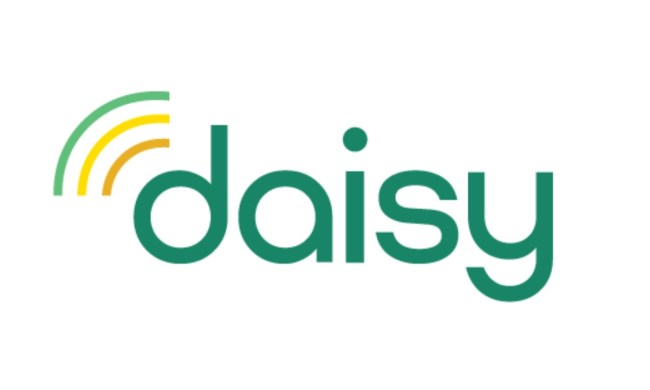Microsoft’s Surface event on Wednesday showed all of us yet again that there’s always one more thing to get excited about. The unveiling of its latest Surface line of tablets and laptops in New York City had all of the hallmark trademarks of past Microsoft events, like Panos Panay’s impeccable showtime delivery, but the tease about the company’s upcoming foldables — the Microsoft Duo and Neo — stole the show at the end.
However, there was just one thing that got under my skin during the announcement. And that was the lack of any mention of Cortana, Microsoft’s oft-forgotten voice assistant.
No love for Cortana
Microsoft’s virtual assistant had no mention whatsoever during the event, which itself was already packed with some compelling product announcements. Even more puzzling is how Microsoft unveiled its Surface Earbuds, a direct rival to many of the popular true wireless earbuds recently announced, without having any sort of Cortana integration. Considering how much Microsoft has poured into the development of Cortana, it’s shocking that it was left out of it altogether.
When you factor that Cortana is already in every Windows 10-powered computer (we even had a Cortana-powered smart speaker with the 2017 released Harman Kardon Invoke), you would think it’d be a no-brainer decision to leverage Cortana’s abilities in other products. Indeed, she’s still limited when compared against her contemporaries, but it looks as though Microsoft didn’t feel confident enough to incorporate Cortana into the Surface Earbuds like Amazon did with its upcoming Alexa-focused Echo Buds.
Don’t expect a Microsoft push into the smart home

Seriously, it’s tough competing in the smart home market. The virtual assistant is arguably the core component of any smart home, but there are two established players that have gobbled up the market: Amazon’s Alexa and Google’s Assistant have been duking it out for supremacy. Both of them are incredibly intelligent and offer a diverse ecosystem of smart home gadgets, with tech juggernauts such as Apple and Samsung finding themselves lagging behind with challenges they’ve faced in penetrating the smart home market with their respective smart speakers.
Microsoft certainly has a challenge ahead of itself before they even tinker around and become more serious about attacking the smart home market. For starters, Cortana has been largely reserved for basic virtual assistant functions. Yes, you can ask her questions, set reminders and alarms, perform search functions, and even ask her some fun facts, but these are nothing extraordinary. Furthermore, Amazon and Google have shown us the deeper level of automation that their virtual assistants bring to the table — like remotely controlling your lights at home, setting schedules for robot vacuums, brewing a pot of coffee in the morning, and much more.
Worse yet, no one is leveraging Cortana unless they’re using a Windows 10 computer — and you can’t factor in Windows Phone, just because as we know, life support has been pulled from it entirely.
Focusing on one thing at a time

You can’t fault Microsoft for not mentioning Cortana during its Surface event. The tech giant is fully capable of delivering remarkable gadgets that can change our lives, but I can comprehend why there’s no sense of urgency with tackling the smart home market — for now. I’ve already mentioned the market dominance held by Google and Amazon, but Microsoft doesn’t need another Windows Phone fiasco. We didn’t think that Microsoft could ever become an established hardware manufacturer, but it proved us wrong with the Surface line.
Unlike Samsung, which officially announced its smart speaker at its Galaxy Unpacked event over a year ago, Microsoft hasn’t given us any indication that they’re embarking on attacking the smart home market anytime soon. Even mighty Apple has trouble making a dent in this space, so it shouldn’t come as a surprise if it’s a while before Microsoft fancies the idea. That’s not a bad strategy either, especially when there’s still plenty for Cortana to implement before it can go toe-to-toe with its peers. There’s a reason why Microsoft has proven itself in mobile computing, and that’s because of the focus on Surface at the moment.
You can’t blame them for not taking the plunge and going all-out Amazon by tackling brand new product segments. A focused approach is simply better in the long run, but let’s not take too long to see what Cortana can do in our smart homes, Microsoft.




